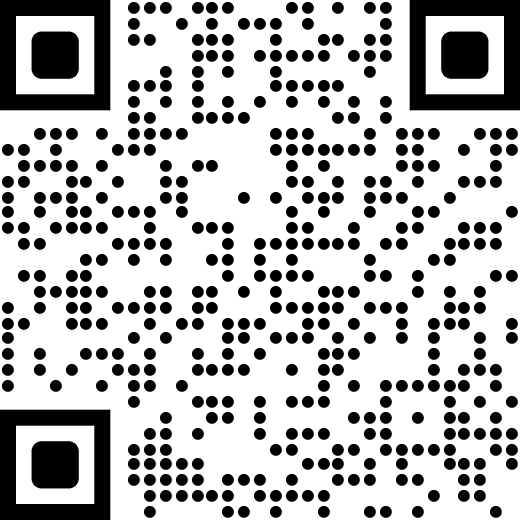1 Samuel 17:1-30
1 Samuel 17:1-30 MSG
The Philistines drew up their troops for battle. They deployed them at Socoh in Judah, and set up camp between Socoh and Azekah at Ephes Dammim. Saul and the Israelites came together, camped at Oak Valley, and spread out their troops in battle readiness for the Philistines. The Philistines were on one hill, the Israelites on the opposing hill, with the valley between them. A giant nearly ten feet tall stepped out from the Philistine line into the open, Goliath from Gath. He had a bronze helmet on his head and was dressed in armor—126 pounds of it! He wore bronze shin guards and carried a bronze sword. His spear was like a fence rail—the spear tip alone weighed over fifteen pounds. His shield bearer walked ahead of him. Goliath stood there and called out to the Israelite troops, “Why bother using your whole army? Am I not Philistine enough for you? And you’re all committed to Saul, aren’t you? So pick your best fighter and pit him against me. If he gets the upper hand and kills me, the Philistines will all become your slaves. But if I get the upper hand and kill him, you’ll all become our slaves and serve us. I challenge the troops of Israel this day. Give me a man. Let us fight it out together!” When Saul and his troops heard the Philistine’s challenge, they were terrified and lost all hope. Enter David. He was the son of Jesse the Ephrathite from Bethlehem in Judah. Jesse, the father of eight sons, was himself too old to join Saul’s army. Jesse’s three oldest sons had followed Saul to war. The names of the three sons who had joined up with Saul were Eliab, the firstborn; next, Abinadab; and third, Shammah. David was the youngest son. While his three oldest brothers went to war with Saul, David went back and forth from attending to Saul to tending his father’s sheep in Bethlehem. Each morning and evening for forty days, Goliath took his stand and made his speech. One day, Jesse told David his son, “Take this sack of cracked wheat and these ten loaves of bread and run them down to your brothers in the camp. And take these ten wedges of cheese to the captain of their division. Check in on your brothers to see whether they are getting along all right, and let me know how they’re doing—Saul and your brothers, and all the Israelites in their war with the Philistines in the Oak Valley.” David was up at the crack of dawn and, having arranged for someone to tend his flock, took the food and was on his way just as Jesse had directed him. He arrived at the camp just as the army was moving into battle formation, shouting the war cry. Israel and the Philistines moved into position, facing each other, battle-ready. David left his bundles of food in the care of a sentry, ran to the troops who were deployed, and greeted his brothers. While they were talking together, the Philistine champion, Goliath of Gath, stepped out from the front lines of the Philistines, and gave his usual challenge. David heard him. The Israelites, to a man, fell back the moment they saw the giant—totally frightened. The talk among the troops was, “Have you ever seen anything like this, this man openly and defiantly challenging Israel? The man who kills the giant will have it made. The king will give him a huge reward, offer his daughter as a bride, and give his entire family a free ride.” David, who was talking to the men standing around him, asked, “What’s in it for the man who kills that Philistine and gets rid of this ugly blot on Israel’s honor? Who does he think he is, anyway, this uncircumcised Philistine, taunting the armies of God-Alive?” They told him what everyone was saying about what the king would do for the man who killed the Philistine. Eliab, his older brother, heard David fraternizing with the men and lost his temper: “What are you doing here! Why aren’t you minding your own business, tending that scrawny flock of sheep? I know what you’re up to. You’ve come down here to see the sights, hoping for a ringside seat at a bloody battle!” “What is it with you?” replied David. “All I did was ask a question.” Ignoring his brother, he turned to someone else, asked the same question, and got the same answer as before.












